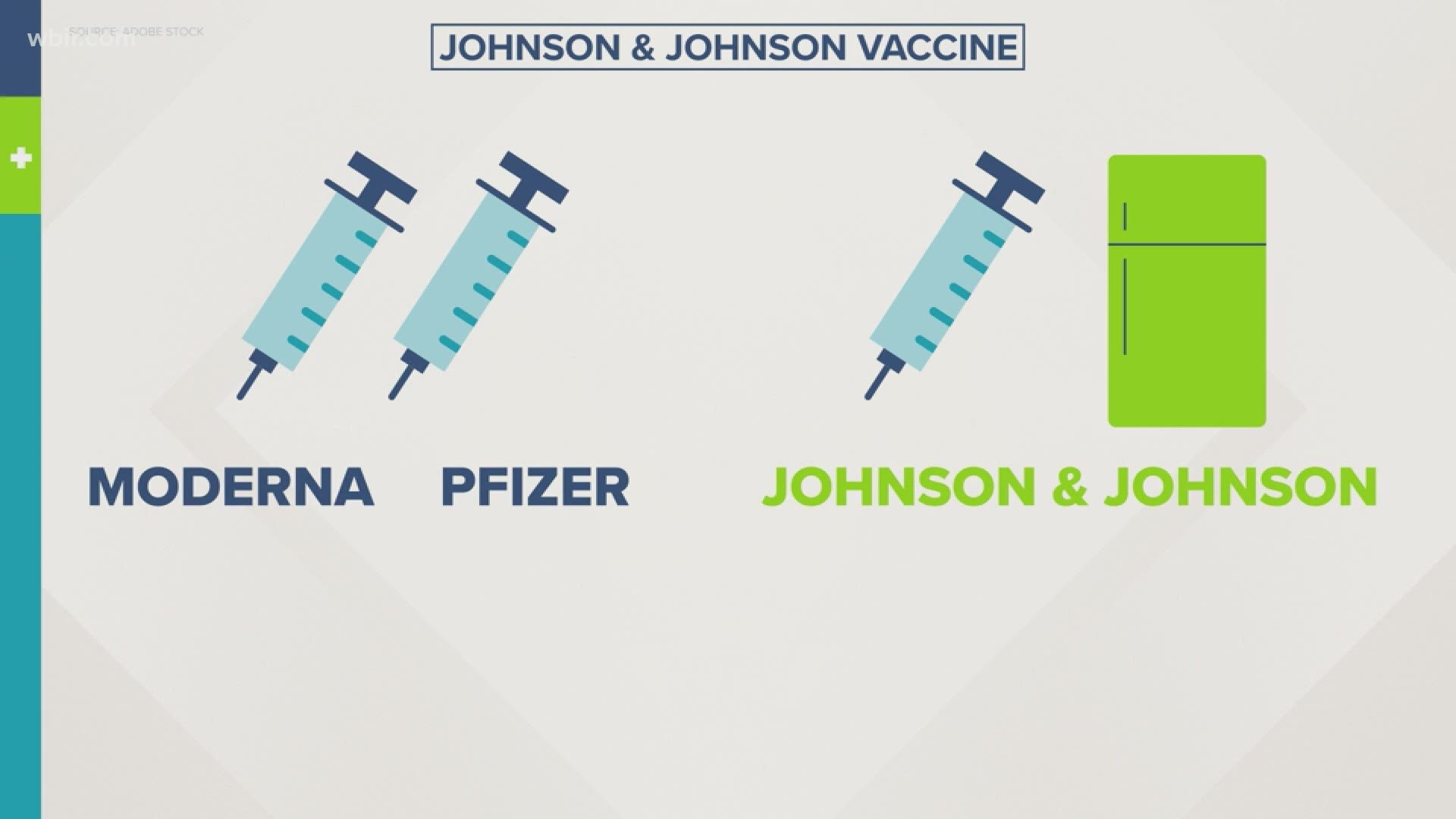A bishop from the Roman Catholic Diocese of Knoxville is reassuring Catholics that it is acceptable to receive the Johnson & Johnson COVID-19 vaccine in some circumstances.
“I think we’re all compelled to make moral choices, but sometimes we are backed into a corner and we have to make an actual decision," said Bishop Richard Stika in a release. "My advice is that when you make an appointment, whether it’s with a county or another health entity, ask about the vaccine. For the most part, you won’t have a choice."
He said that if the Johnson & Johnson vaccine is the only one available, people should take it. However, if presented with an option between other kinds of vaccines, people should choose a different vaccine.
"It would be different if your main intention is to seek out that particular type of vaccine, but at some point, you might not have a choice. God will understand that," Bishop Stika said.
On Tuesday, the United States Conference of Catholic Bishops released a statement on the Johnson & Johnson vaccine that said it raised moral questions. They said that while Pfizer and Moderna's vaccines were tested with fetal cell lines, the Johnson & Johnson vaccine was developed, tested and is produced with those cells.
Their USCCB decision regarding the vaccine is below:
"When ethically irreproachable COVID-19 vaccines are not available … it is morally acceptable to receive COVID-19 vaccines that have used cell lines from aborted fetuses in their research and production process.’ However, if one can choose among equally safe and effective COVID-19 vaccines, the vaccine with the least connection to abortion-derived cell lines should be chosen. Therefore, if one has the ability to choose a vaccine, Pfizer or Moderna’s vaccines should be chosen over Johnson & Johnson’s."
The cells were first introduced more than 50 years ago. For the lines involved in the COVID-19 vaccines, they started with two aborted fetuses in 1973 and 1985. Since then, the cells have been multiplied millions of times and are grown daily. They are used in several research projects.
Despite the moral questions about the vaccine, Catholic leaders said that being vaccinated can be an act of charity that "serves the common good," given that the pandemic has caused worldwide suffering.

